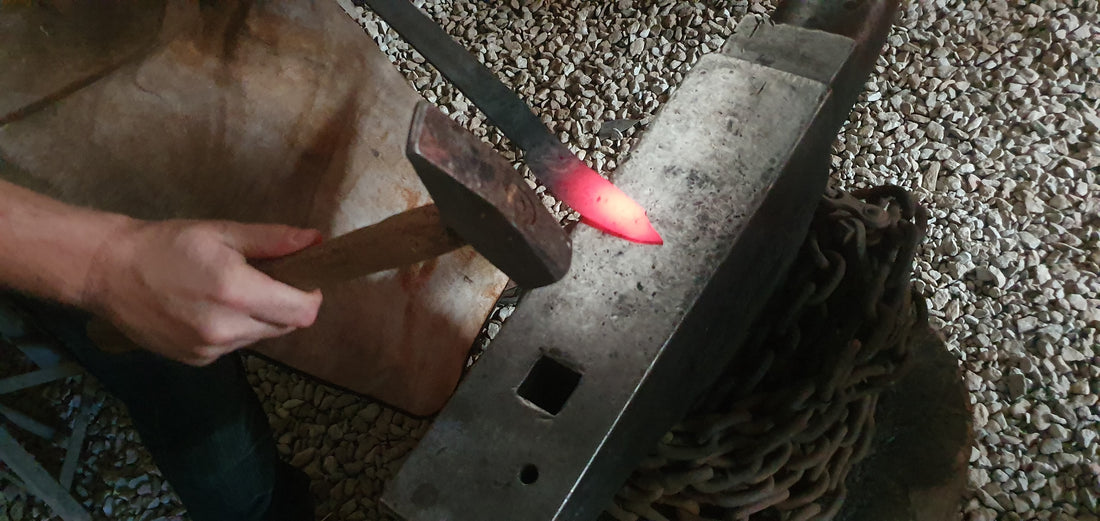
The Vital Role of First Aid Training for Knifemakers
Neels Van Den Berg
As a dedicated knifemaker, your craftsmanship relies heavily on your well-being. Your ability to forge, shape, and create exquisite blades is not just a passion, but a means of sustenance. Imagine the scenario: a fellow maker accidentally cuts his finger down to the bone. What follows is not just a painful ordeal, but also a significant blow to his livelihood. In this article, we explore why attending a first aid course is not just a matter of safety, but a vital tool that can safeguard your ability to provide for yourself.
1. A Stitch in Time Saves More Than Nine
When it comes to knifemaking, precision is everything. Just as a fraction of an inch can make or break a blade, a prompt and effective response to an injury can be the difference between a minor setback and a major disaster. First aid training equips you with the knowledge and skills to provide immediate care, preventing an injury from exacerbating and potentially sidelining you for weeks.
2. Empowerment in Emergencies
Accidents can strike at any moment, whether it's a slip of the hand or an unexpected mishap. Knowing how to respond swiftly and appropriately empowers you to take control of the situation. Imagine the confidence that comes from being able to staunch bleeding, stabilize a wound, or immobilize an injured limb while waiting for professional help.
3. Minimizing Downtime, Maximizing Income
The stark reality is that time lost to injury is time lost to income generation. Our fellow knifemaker's unfortunate experience serves as a cautionary tale. A single accident resulting in a month-long hiatus can dent your finances and erode your reputation. First aid knowledge can help you mitigate the impact of injuries, ensuring that downtime is minimized, and you can get back to your craft sooner.
4. Tools of the Trade: Beyond Blades
As a knifemaker, your tools extend beyond the hammers and grinders. First aid knowledge becomes an indispensable tool in your arsenal. Just as you hone your blades to perfection, sharpen your skills in providing immediate medical care. It's an investment that pays dividends in your well-being and your craft.
5. Crafting a Culture of Safety
Safety isn't just an individual responsibility; it's a collective effort. By attending a first aid course, you contribute to fostering a culture of safety within the knifemaking community. You become an example for others to follow, advocating for the well-being of your peers and preserving the integrity of your craft.
6. Beyond the Workshop: Everyday Preparedness
The skills acquired in a first aid course extend far beyond the confines of your workshop. Accidents can happen anywhere, and your ability to respond effectively can make you a valuable asset in various scenarios, whether at home, in public, or within your community.
7. Turning the Page: From Panic to Preparedness
Picture this: instead of panic and uncertainty in the face of an injury, you calmly apply the principles you've learned. The transition from panic to preparedness is not just a mental shift but a tangible skill developed through first aid training. It's the difference between chaos and control.
8. Mastering the Craft of Care
Just as you've honed your knifemaking skills over time, mastering the craft of care through first aid training takes practice and dedication. From bandaging techniques to CPR, each skill becomes a brushstroke in the canvas of emergency response, ensuring that you're always ready to paint a picture of safety.
9. The Gift That Keeps on Giving
Investing in a first aid course is more than just a one-time endeavor; it's a gift you give yourself and your loved ones. The ability to provide immediate assistance in times of need is a priceless asset, a gift that can save lives and preserve livelihoods.
10. Crafting a Safer Tomorrow
By attending a first aid course, you're not just investing in the present; you're actively crafting a safer tomorrow. Your commitment to safety ripples through time, ensuring that your legacy as a skilled knifemaker is not only in the blades you create but in the lives you touch and protect.
Conclusion
In the intricate dance of knifemaking, every move matters. Just as you meticulously forge and shape blades, so should you forge your ability to respond to injuries with precision and care. Attending a first aid course isn't just a choice; it's a responsibility, a commitment to yourself, your craft, and your community. Let your workshop echo with the sounds of safety, resilience, and craftsmanship.
FAQs (Frequently Asked Questions)
Q1: Why should knifemakers specifically attend a first aid course?
A: Knifemakers handle sharp tools and work with potentially hazardous materials, making them more prone to accidents. First aid training ensures they can respond effectively to injuries.
Q2: How does first aid training minimize downtime?
A: First aid knowledge enables knifemakers to provide immediate care, preventing injuries from worsening and reducing the time they need to recover.
Q3: Can first aid training be applied outside the workshop?
A: Absolutely. The skills learned in a first aid course are transferable and can be valuable in various situations, from home to public spaces.
Q4: Is first aid training time-consuming?
A: Most first aid courses are designed to be practical and time-efficient, focusing on essential skills that can be learned in a relatively short period.
Q5: How can knifemakers contribute to a culture of safety?
A: Knifemakers can lead by example, advocating for safety within their community, sharing their knowledge, and encouraging others to attend first aid courses.

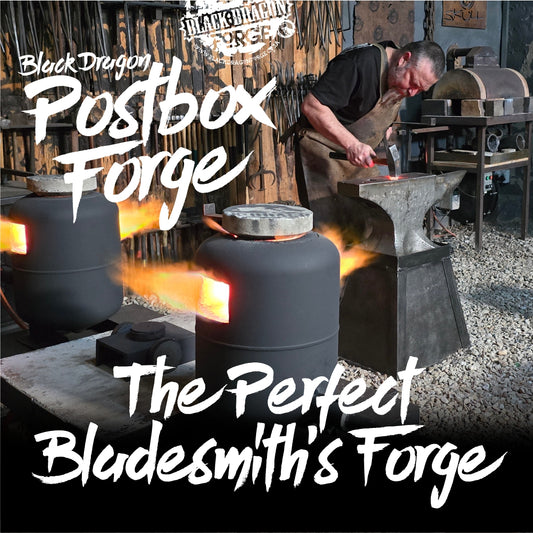
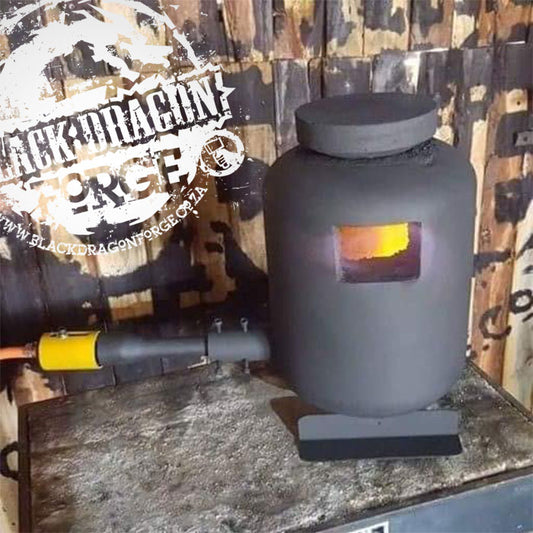

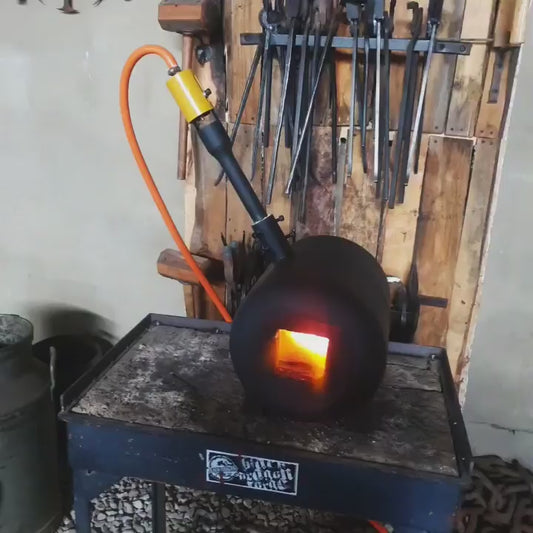
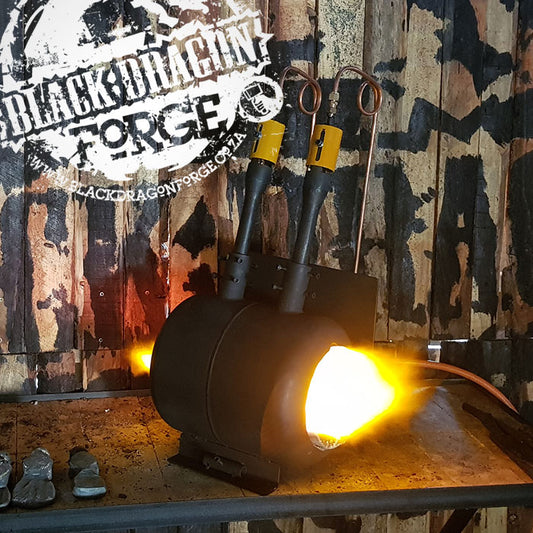
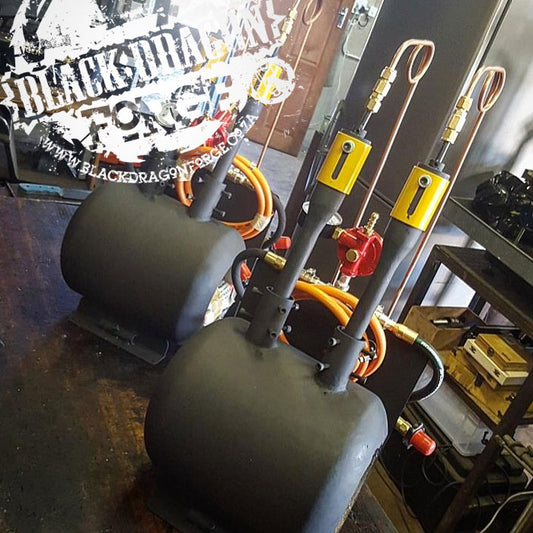

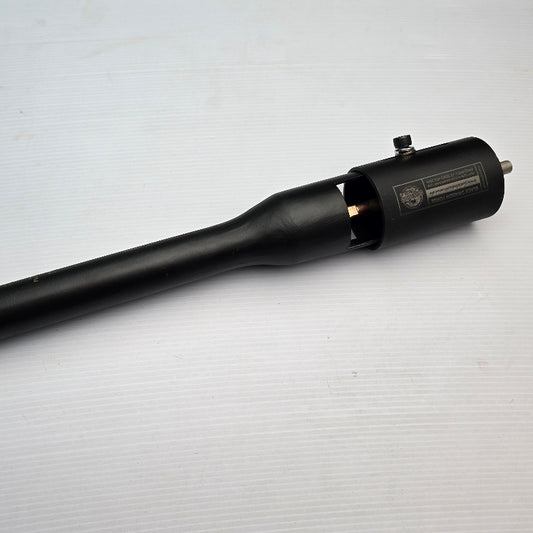

1 comment
Excellent article.
As the SHEQ manager for Impala platinum mining group I concur with you Neels. Safety in the workshop starts and end with you. By asking yourself these questions you can work without injury
1. What is the risk involve with the activity that I am about to embark on.
2. What PPE does this activity require.
3. What engineering solution will diminish the energy involved in the process if an incident occurs.
4. If the worst happens what recovery or emergency procedures due I have in place.
We all love what we do in this craft of ours it is just difficult to do it with missing or maimed body parts.
Nothing is so important that it can’t be done safely.